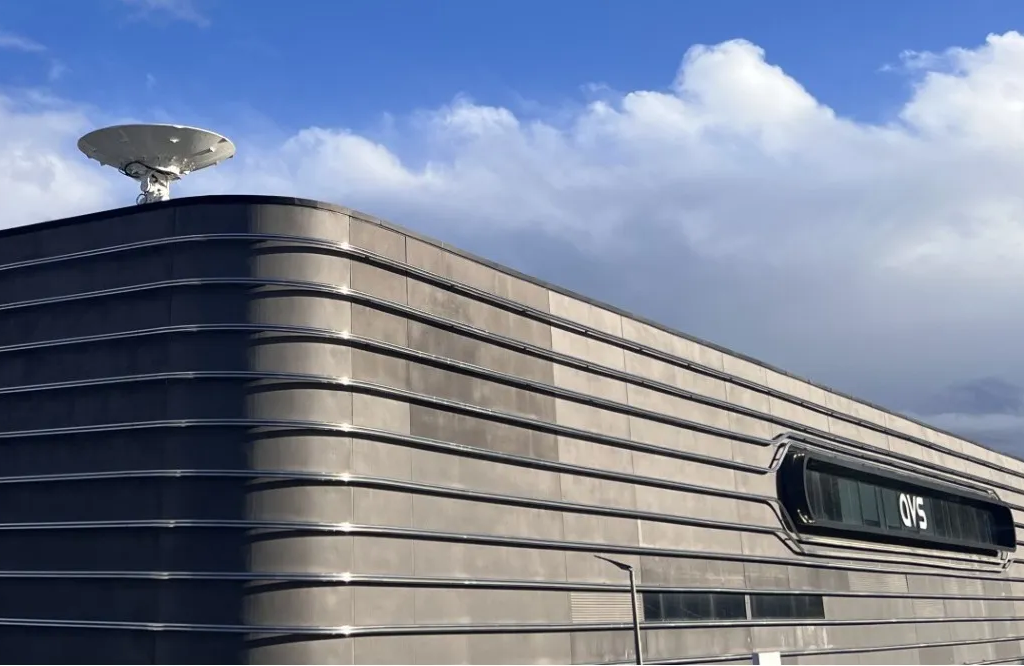Spanish aerospace company Added Value Solutions (AVS) has secured a contract for the early phases of the European Space Agency's (ESA) ARRAKIHS mission, marking a significant step as the company moves into the high-performance small satellite market.
AVS announced on January 30 that it has won a study contract for Phases A and B of the ARRAKIHS mission, an astrophysics project under ESA's F-Class initiative, which is designed to be a faster and more cost-effective science mission. The ARRAKIHS mission, which stands for Analysis of Resolved Remnants of Accreted Galaxies as a Key Instrument for Halo Surveys, will operate in low Earth orbit, using a binocular telescope to study galactic structures and enhance understanding of dark matter.
The contract includes the preliminary design of the spacecraft and efforts to mitigate risks associated with critical technologies. AVS is one of two companies awarded contracts for this phase, with ESA withholding the identity of the other recipient. A final selection for the spacecraft construction phase (C and D) will be made in September 2026.
“This contract is a powerful endorsement of smaller businesses and highlights Europe's ability to embrace non-traditional players in flagship science missions,” said Miguel Angel Carrera, CEO of AVS, in a statement. “All eyes are now on this two-year competition phase, where we aim to showcase our capabilities and value proposition to ESA and all stakeholders.”
The ARRAKIHS mission will utilize AVS's LUR-100 bus, a satellite platform designed to support payloads ranging from 200 to 1,000 kilograms. While the LUR-100 has not yet flown, Ramon Blanco Maceiras, head of AVS's U.S. subsidiary, emphasized that the company expects to have significant flight heritage for the bus by the time of ARRAKIHS's anticipated 2030 launch.
AVS has focused on producing high-performance satellites for demanding missions such as ARRAKIHS, rather than engaging in mass production of identical units. The U.S. subsidiary of AVS, based in New York, is also developing its own satellites, with two slated for launch this summer for a university client. These satellites will be used for spacecraft operator training, including proximity operations and docking maneuvers.
The contract with ESA marks a key milestone in AVS's ongoing efforts to expand its footprint in the competitive satellite market.
